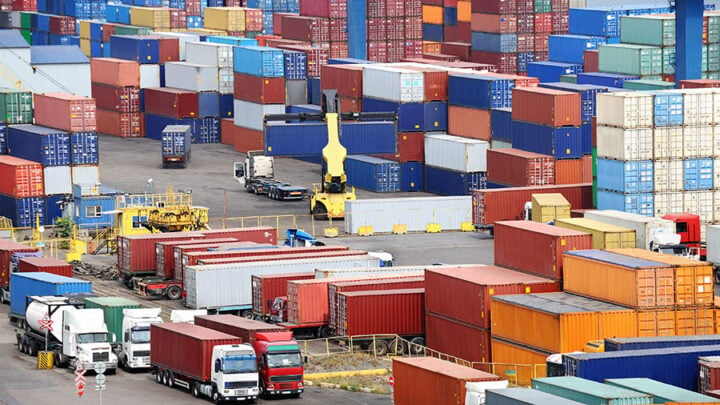The United Kingdom (UK) government says it has proposed a new scheme to help Nigeria and other developing countries to rive ‘free and fair’ trade in the post-Brexit.
In 2018, former Prime Minister of the United Kingdom, Theresa May, had hinted about a new trade deal and economic partnership during her visit to Nigeria.
In a statement on Thursday, United Kingdom Foreign, Commonwealth and Development Office (FCDO) said the new plan will replace the UK’s generalised scheme of preferences (GSP) in 2022.
The statement added that the new scheme, Developing Countries Trading Scheme (DCTS), will be an opportunity for the UK to grow free and fair trade with developing countries, boost the economy and support jobs in these countries as well as for British citizens.
Advertisement
The scheme aims to contribute to developing countries’ integration into the global economy, creating stronger trade and investment partners for the future and strengthening supply chains.
“The UK currently operates a similar scheme rolled over from the EU, but as an independent trading nation we can now take a simpler, more generous, pro-growth approach to trade with developing countries,” it stated.
“The UK Developing Countries Trading Scheme will apply to 47 countries in the Least Developed Country Framework (LDCF) and 23 additional countries classified by the World Bank as low-income and lower-middle-income countries.
Advertisement
“The proposed new UK scheme will mean more opportunity and less bureaucracy for developing countries, for example by simplifying rules of origin requirements or reducing tariffs on imports. For instance, this could mean lowering tariffs on products including rice from Pakistan and raw materials from Nigeria.”
Dominic Raab, UK foreign secretary, said cutting tariffs for poorer countries enables them to trade their way to genuine independence.
Liz Truss, international trade secretary, said trade fundamentally empowers people and has “done more than any single policy in history to lift millions of people around the world out of poverty.”
“Now the UK is an independent trading nation we have a huge opportunity do things differently, taking a more liberal, pro-trade approach that leads to growth and opportunity.
Advertisement
“Countries like Bangladesh and Vietnam have proven it’s possible to trade your way to better living standards, and our new Developing Countries Trading Scheme will help others do the same.”
Emma Wade-Smith OBE, Her Majesty’s Trade Commissioner (HMTC) for Africa, said: “The DCTS scheme signals the UK’s strong appetite to promote free and fair trade.
“It is a demonstration of our commitment to help boost economic growth and prosperity in Africa, by enabling businesses there to access the UK market more easily.
“The UK is committed to strengthening our commercial relationship with African partners.
Advertisement
“The new DCTS scheme will create a smoother path for companies to export to the UK. I encourage the African business community to contribute to this important consultation.
“We want to hear a range of views and perspectives, to ensure the scheme targets those areas that will have the greatest positive impact on growing our bilateral trade”.
Advertisement
In line with the development, the British government launched an eight-week public consultation on the UK future tariff schedule and policies in relation to the GPS that began on July 19 and will close on September 12, 2021.
It also invites views from Nigerian businesses and stakeholders with interest across the globe to send responses to the consultation via this link until September 12 closing date.
Advertisement
The scheme is targeted at 47 least developed countries and 23 low income and lower-middle-income countries.
Advertisement
Add a comment





